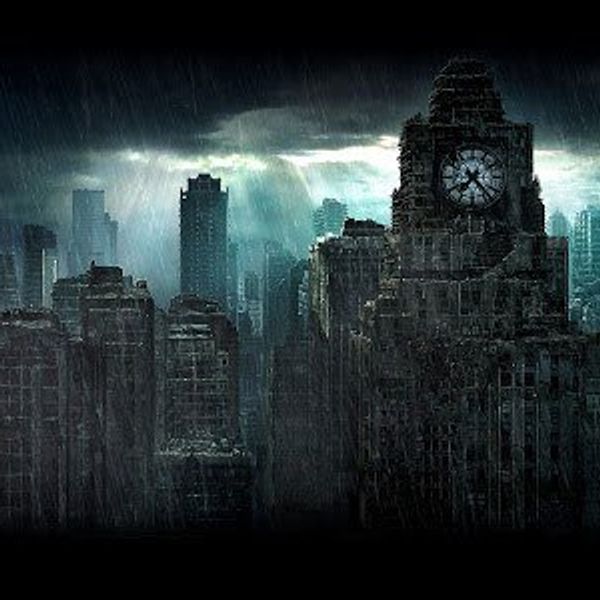[Raises hand.] Yes, that would be me. As much as I consider myself an omnivorous reader, science fiction has always been my least-favorite genre. This probably has something to do with my unscientific brain and mydislike for aliens, and also the generally unlovely prose that one finds in such novels, at least in my opinion. But as someone who believes in being exposed to all different sorts of books, I have made some forays into the genre, and even liked a few of my picks. So, here it is. A list of 10 science fiction books for people who don't like science fiction.
1. "Annihilation" by Jeff Vandermeer.
OK, this book legitimately freaked me out. It explores the 12th exhibition into an uncharted territory. Weird things have happened to the past 11 teams (those that made it out alive, that is). For those of you looking for a spine-tingling thriller, this is it.
2. "A Wrinkle in Time" by Madeleine L'Engle.
This is my childhood. An adventure tale about a girl who doesn't fit in and her precocious brother trying to find their father. Only their trip takes them to different planets and through different dimensions, and they are helped by three mysterious women.
3. "When You Reach Me" by Rebecca Stead.
This is a book of confusing timelines, where everything is all jumbled up and the plot threads do not become clear until the end. Strange things are happening to Miranda, and she starts receiving anonymous letters giving her seemingly random tasks.
4. "Out of the Silent Planet" by C.S. Lewis.
Ugh, C.S. Lewis. I didn't know that he wrote a sci-fi series until high school, though I loved him all through childhood. This book explores many things about our own planet through the lens of another. For the philosophically minded reader.
5. "Fahrenheit 451" by Ray Bradbury.
Ray Bradbury's prose is, quite simply, gorgeous. It took me three read-throughs to actually like this book, but once I got into it I loved it. It explores what would happen in a future where books are all but forbidden.
6. "The Time Traveler's Wife" by Audrey Niffenegger.
This is a love story told in different timelines. Clare is married to Henry, a chronic time traveler. He can't control when or where he has episodes, so he ends up meeting Clare later in his life but earlier in hers while he is time traveling. When they meet in real time, however, she knows him, but he hasn't met her yet. If this seems confusing, I promise the book does a better job of explaining it than I do.
7. "Frankenstein" by Mary Shelley.
Most people are probably familiar with the plot of this classic scientific novel, or at least think they are. I for one was surprised by the outcome of the book. Definitely worth reading, especially if you're one of those people who tallies up their classic reads (guilty).
8. "Station Eleven" by Emily St. John Mandell.
Guys, this one's stunning. It jumps back and forth between a couple of timelines, one post-apocalyptic. Mandell's writing flows off the page and jumps out at you. And it's just such an odd concept, but she pulls it off.
9. "The Giver" by Lois Lowry.
This is one of those books they tell you to read in middle school. I didn't read it then. You probably didn't either. However, this piece of speculative fiction brings up a lot of important questions about happiness and memory. Definitely worth reading.
10. "Artemis Fowl" by Eoin Colfer.
A science fiction book about fairies? Yes. And it works. Because these fairies don't charm four-leaf clovers and dance around barefoot under the moon. They have technology, more advanced than human technology, and one very precocious boy is after it.




















